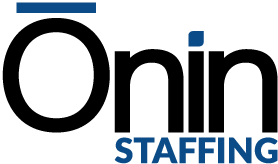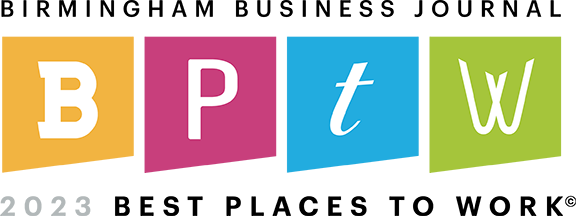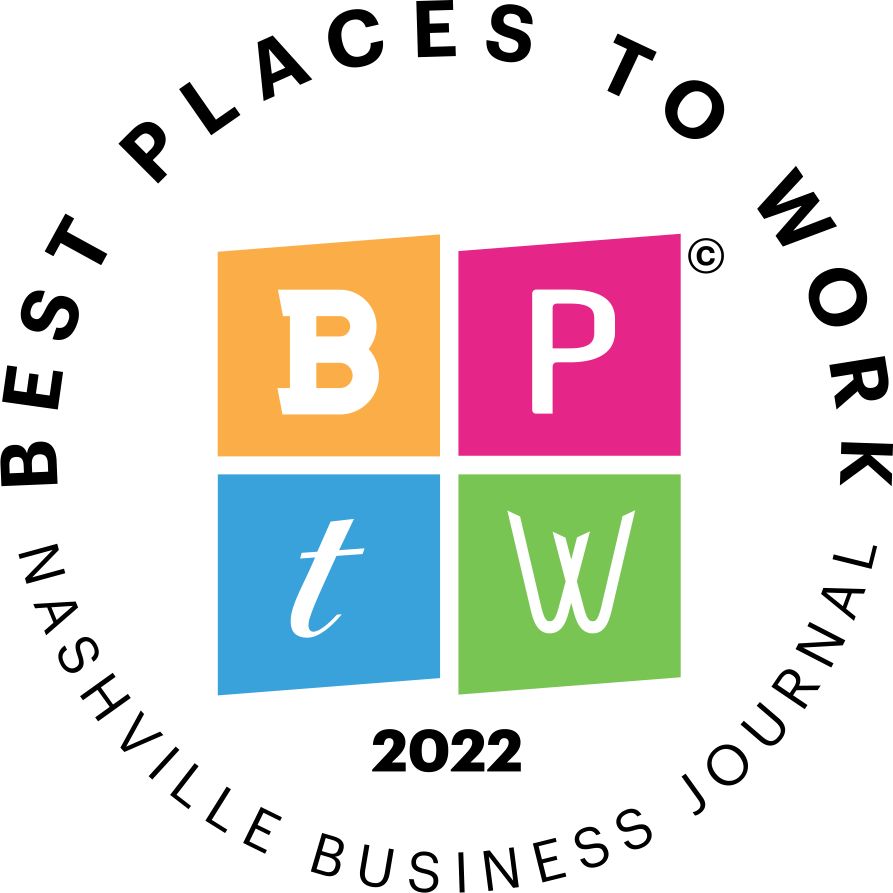
What is short-term medical insurance?
Short-term medical insurance is simply coverage that will provide you with medical benefits for a limited amount of time. This time can be as little as a few months up to one year, but normally not longer any longer.
This type of insurance is normally used tobridge the gap between long-term insurance options. Various situations could cause you to need short-term coverage, such as being in between jobs, waiting for your new coverage to begin, or being outside the open enrollment period and needing coverage.
What is good short-term health insurance?
Since short-term insurance will only last you a few months, you should pick the best coverage for your needs. There is a range of options based on what is and is not covered. This choice comes with a range of prices as well.
First, define your medical needs. Do you have a chronic condition where you are visiting a doctor often? Or are you fairly healthy and looking for emergency care coverage? This first step will help you weed out the plans that don’t work for your medical needs.
Next, look at pricing, not just the monthly amount. Look at your deductible and copays as well. Find a plan that is affordable for you to pay monthly but also won’t break the bank when it comes to clearing your copays. Usually, if you have a high-deductible plan, you will have lower monthly amounts because you have a high deductible to meet first for coverage to kick in. It usually works the opposite way too — if you have a low or $0 deductible, it’s most likely your monthly bill will be higher.
Shopping for insurance is never fun or easy, but it can be manageable when you know exactly what you need to shop for.
What are the pros and cons of short-term health insurance?
There will always be pros and cons to something, and health insurance is no different. When it comes to short-term health insurance:
Pros
- You get coverage during transition periods
- You commit month-to-month rather than for the whole year
- You can choose a plan that is more likely to fit your needs
Cons
- Coverage lasts for a year, at most
- If you have a pre-existing condition, you may not be approved
- It may be more expensive than employer-offered insurance
What are the benefits of having health insurance?
One of the most obvious benefits of having health insurance is that you are protected if something happens. If you are in an accident, stung by a bee, catch the flu, or find a strange lump on your body, you can go to a doctor and seek help without fear of a huge medical bill.
Another great benefit of health insurance is that you are more likely to be healthy. You are likely to have access to free preventative services such as annual physicals or immunizations. Your insurance plan may cover other health-related services to help you be healthier, such as quitting tobacco, losing weight or counseling.
Thinking about health insurance probably doesn’t give you a warm, fuzzy feeling. It is expensive and confusing, but it does offer a lot of protections that allow you to worry less and sleep better at night.
What are some different ways to get medical insurance?
The three most common methods to become insured are through your employer, the government or a private company. We will go through these options one by one:
Employer
This is the route that many choose both for convenience and pricing. Companies can leverage better prices with insurance companies based on their employee base. Through an employer, you can have your healthcare covered and, more than likely, receive extra benefits like identity protection, employee discounts or tuition reimbursement.
Government
It is a blessing that government insurance options are available if you find yourself uninsured. This insurance option is based on your income, although this option is sometimes criticized for being overpriced. Choosing between an expensive plan and being uncovered by insurance is a tough choice, but being saddled with a hefty medical bill can be a lot tougher. Because being uncovered by insurance is so expensive, it makes the government insurance a viable back-up plan.
Private Insurance
Another option is to approach a private insurance company yourself for coverage. This option can be affordable and can offer great benefits, but there are also private plans that won’t cover your needs. It’s important to know what you’re getting into. You can go to finder.healthcare.gov to help find a private health plan outside of the Health Insurance Marketplace plan that works for you or your family.
What are the types of health insurance plans?
There are health insurance plans out there to fit just about any need, but there are about four common versions you will see most often. These are HMOs, PPOs, POS and HDHP plans. This alphabet soup of letters is a bit crazy at first glance, but we are here to break down exactly what each of these plans offers.
Health Maintenance Organizations (HMO) – this plan is very simple but slightly restrictive. You pay your monthly premium and a small copay for doctor’s visits or preventative services. The catch is, you have to use pre-selected providers for your coverage to take effect. If you use a doctor outside this approved, list you will be on the hook for a large medical bill.
Preferred Provider Organizations (PPO) – PPO coverage is nearly identical to HMO coverage but often provides a wider range of providers to choose from. This may be a good plan choice if you have a long-time doctor you prefer to see or you have an illness that causes you to need different specialist doctors.
Point-of-Service Plans (POS) – POS plans are a hybrid between HMO and PPO plans in that you can designate a primary doctor of your choice to be covered by the plan. That said, if you use providers other than this doctor or other doctors the plan has not pre-approved, your plan likely won’t foot the bill.
High-deductible Health Plans (HDHP) – High-deductible plans have a higher deductible than most other plans, but they often are paired with a health savings account (HSA). HSA’s are tax-free accounts that you and your company can contribute to in order to help you pay this high deductible or other eligible medical expenses.
What kind of healthcare benefits do employees get?
Benefits that an employee may receive really will depend on the company they work with. Some companies, especially smaller companies, do not offer health insurance. Other employers require multiple healthcare plans to choose from. If benefits are important to you, it’s a good idea to check out the kind of benefits a company is offering when you apply for a job to help you make the best decision.
How do I ask my employer for health insurance?
Normally, you won’t have to worry about asking your company for health insurance since they will educate you on your options when you are hired on. If you missed this step in the hiring process, you can talk to your Human Resources department or manager to get information on what your company offers.
From there, your company can guide you on how to sign up for coverage and what amounts may be deducted from your monthly paycheck.
What questions should I ask about a new health insurance plan?
When you are thinking of starting a new insurance plan, it is important to ask yourself and the company offering the benefits a few questions.
What is covered?
This is often the very first question you will ask. Any plan needs to cover the things you need, whether that be vision coverage or low copays on prescriptions. Be sure to verify that the plan can give you what you can use.
What does it cost?
This is typically the second and most anxiety-inducing question. Health insurance normally isn’t cheap, and many of the situations it protects you from are “if” situations like “if I get in an accident” or “if I get cancer.” It’s hard to shell out that kind of money on things that aren’t certain. But of course, it’s also important to be prepared for an emergency situation. Be sure the cost is both affordable but fair for the coverage you are given.
When does coverage start?
Some insurance will take effect the same day you send in your application paperwork while others have a probationary period. Be sure to find out when your coverage would begin so you know when you are clear to schedule doctor’s appointments and refill prescriptions.
How do I sign up?
Finally, if you decide the plan is right for you, you will need to know where and how to sign up. In this day and age, you can often complete any necessary forms online or over the phone. Be sure to confirm the enrollment process and the completion of your enrollment so you know you are covered.
I need insurance!
Whether you are looking for short-term health insurance or something to utilize long-term,Ōnin Staffing’s 2020 benefits are a great option! After working just 30 days, Teammates can start using their benefits plan. For a low premium that’s less than $20, Teammates receive an affordable package of benefits which includes:
$5 Doctor Visit Copays – If you have to visit your primary care physician, your first two consultations are just $5.
$5 Prescription Drugs – You don’t have to worry about what your prescriptions will cost at the pharmacy – generic prescriptions are just $5.
Free Teledoctor Service – Talk with a doctor 24/7/365 from your computer or smartphone. Avoid those miserable visits to the doctor, ER or Urgent Care for common conditions like allergies, a cough or bee-stings.
Free Counseling Service– Unlimited telephone counseling that can help you address a wide variety of personal concerns and support your well-being.
Vision Insurance Included – See these benefits and the world clearly! Get eye exams for $10, as well as affordable contacts and glasses.
Dental Insurance Included – This will make you smile! Exams, cleanings, x-rays, all for free.
Vacation and Holiday Pay – Once you’ve reached the 1,200-hour mark, you get paid for six holidays. After 1,800 hours, you earn 40 hours of paid vacation time.
Scholarship Opportunities – Every year we award $1,000 scholarships to Teammates and their immediate family members that can be used for any education-related expenses like college, trade schools, certification courses and educational and job training expenses.











